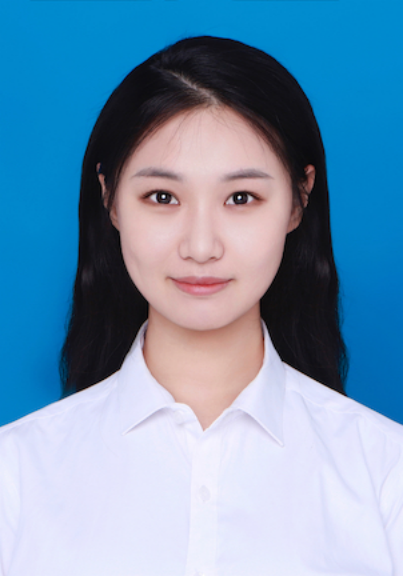
刘迪
西南大学心理学部
重庆市北碚区天生路2号,400715
邮箱:liudi_psy@163.com
研究兴趣
创造性思维的认知与神经机制
青少年创造性发展趋势
教师创造性评价评价
工作经历
2023.09-至今 西南大学心理学部 全职博士后
科研项目
1.重庆市博士后管理工作室, 重庆市博士后创新人才支持计划, CQBX202405, 基于fMRI 机器学习的创新人才潜能预测及培养-选拔模型构建, 2024-12 至 今, 60万元, 在研, 主持;
2.国家自然科学基金委员会, 面上项目, 32471096, 好奇心影响创造性的认知神经机制, 2025-01-01 至2028-12-31, 50万元, 在研, 参与
学术论文 (第一作者,含共一)
[1] Liu, D., Ma, Y., Zhuang, K., Chen, Q., Shi, B., & Qiu, J. (2021). Linking temporal-parietal junction to internet addiction tendency: Moderating effect of critical thinking. Journal of behavioral addictions, 10(3), 759-766. https://doi.org/10.1556/2006.2021.00049 (SSCI, Q1, 5年IF = 9.0)
[2] Liu, D., Hao, L., Han, L., Zhou, Y., Qin, S., Niki, K., Shen, W., Shi, B., Luo, J. (2023). The optimal balance of controlled and spontaneous processing in insight problem solving: fMRI evidence from Chinese idiom guessing. Psychophysiology, 60(7). https://doi.org/10.1111/psyp.14240 (TOP, SCI/SSCI, Q1, IF = 4.3)
[3] Liu, D., Wang, Q., Chen., J., Sun, Y., Shi, B. (2022). Relationship between Media Multitasking Behavior and Divergent Thinking: The Moderating Effect of Executive Function. Thinking Skills & Creativity, 46, 101189 https://doi.org/10.1016/j.tsc.2022.101189 (SSCI, Q1, IF = 3.7)
[4] Liu, D., Sun, J., Ren Z., Yang, J., Shi, B., & Qiu, J., (2022). The neural basis of acceptance of uncertain situations: Relationship between ambiguity tolerance and the resting-state functional connectivity of the brain. Current Psychology, 42(20), 17033-
17041. https://doi.org/10.1007/s12144-022-02879-5 (SSCI, Q1, IF = 2.4)
[5] Liu, D., Ji, M., Zhuang, K., Chen, Q., Shi, B., & Qiu, J. (2022). Regional gray matter volume in posterior cingulate cortex predicts positive risk-taking: a moderation model. International Journal of Psychology, 58(1), 69-77. https://doi.org/10.1002/ijop.12871(SSCI, Q3, IF = 2.3)
[6] Liu, D., Chen, Q., Shi, B., & Qiu, J. (2019). The brain mechanism of mind popping based on resting-state functional connectivity. NeuroReport, 30(11), 790–794. https://doi.org/10.1097/wnr.0000000000001286 (SCI, Q4, IF = 1.7)





